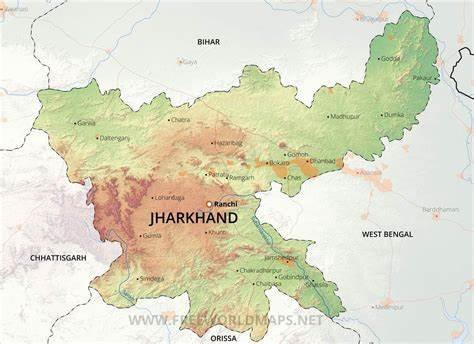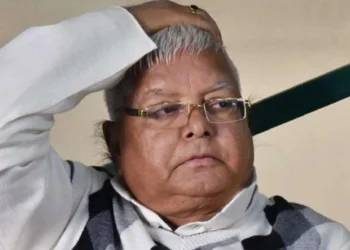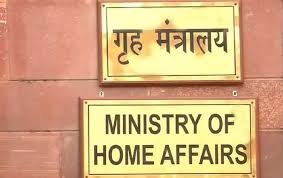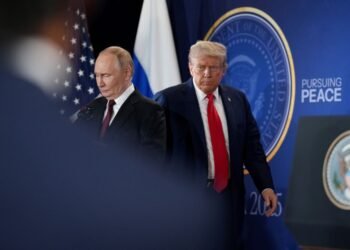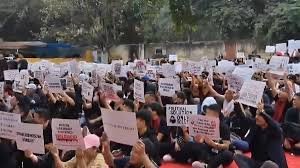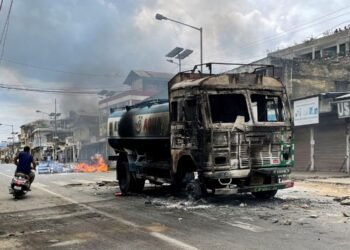By PC Bureau
While the tribal-majority and comparatively underdeveloped state of Jharkhand saw an impressive voter turnout during the second phase of its assembly elections on Wednesday morning, voter indifference was starkly evident in the more affluent state of Maharashtra.
In Maharashtra, all 288 assembly seats are up for grabs in a single-phase election, with voting taking place on Wednesday. Alongside Maharashtra, Jharkhand is also holding elections for 38 seats in its second and final phase.
By 3 PM, Maharashtra had recorded a modest voter turnout of just 45.18 %, with polling booths across the state remaining largely quiet. Mumbai, India’s financial capital, saw still lesser turnout at 39.33 percent. In contrast, Jharkhand saw a higher turnout of 62 percent.
Maharashtra’s election is shaping up to be a high-stakes battle between two major alliances: the ruling Mahayuti, led by Eknath Shinde, and the opposition Maha Vikas Aghadi (MVA). Voting in Maharashtra will continue until 6 PM, with more than 9.7 crore voters choosing from 4,136 candidates, including prominent figures from both alliances. The Mahayuti has BJP candidates contesting 149 seats, Shiv Sena in 81 seats, and the Ajit Pawar-led NCP in 59 constituencies. On the other hand, the MVA is fielding 101 candidates from Congress, 95 from Shiv Sena (UBT), and 86 from NCP (SP).
In Jharkhand, polling started at 7 AM and will conclude at 5 PM, except in sensitive areas where it will end at 4 PM. More than 1.23 crore voters, including 61 lakh women, are eligible to vote. Key candidates include Chief Minister Hemant Soren, his wife Kalpana Soren, and his sister-in-law Sita Soren from the Jharkhand Mukti Morcha (JMM), along with BJP leaders such as former Chief Minister Babulal Marandi, Assembly Speaker Ravindra Nath Mahto (JMM), AJSU Party chief Sudesh Mahto, and Leader of Opposition Amar Kumar Bauri.
Results for both Jharkhand and Maharashtra, as well as bypolls across several states, will be announced on November 23.
Maharashtra has 29 seats reserved for Scheduled Castes (SC) and 25 for Scheduled Tribes (ST), while Jharkhand’s second-phase elections include eight ST seats and three SC seats.
Maharashtra Elections
The political contest in Maharashtra is a rematch between the Mahayuti coalition – which includes the BJP, Shiv Sena led by Eknath Shinde, and the Ajit Pawar-led NCP – and the opposition MVA, comprising Congress, the Uddhav Thackeray-led Shiv Sena (UBT), and the Sharad Pawar-led NCP (SP). This follows the outcome of the general elections earlier this year, where the MVA alliance surpassed the Mahayuti, securing a victory.
The BJP’s loss in the 2019 Maharashtra Assembly elections, where the results produced a hung assembly, marked a significant setback. In that election, the BJP won 105 seats, securing a 25.75% vote share, while the Shiv Sena won 56 seats (16.41%), the NCP claimed 54 (16.71%), and Congress took 44 (15.87%). Smaller parties and independents claimed the remaining 29 seats. The inability to secure an outright majority after the election led to the collapse of the BJP-Shiv Sena alliance and the imposition of President’s Rule.
Shortly after, a new government was formed by the Congress, undivided Shiv Sena, and NCP, with Uddhav Thackeray taking the Chief Minister’s position.
However, in the 2024 elections, the BJP faces an uphill battle. It suffered another significant blow in the recent Lok Sabha polls, where it secured only nine of the 28 seats it contested, a drastic decline from the 23 it won in 2019. The Shiv Sena managed only seven of 15 seats, and the NCP secured just one of four.
In this highly competitive environment, smaller parties like the All India Majlis-e-Ittehad-ul-Muslimeen (AIMIM) and Bahujan Samaj Party (BSP) are also contesting, with BSP fielding 237 candidates and AIMIM contesting 17 seats in Maharashtra’s 288-member assembly. These parties are expected to add further complexity to the election, ensuring that the race remains unpredictable.
The participation of these smaller players, alongside the larger alliances, is shaping up to be a multi-faceted contest. With a diverse range of contenders involved, the results of the Maharashtra elections will be crucial in determining the future direction of the state’s politics.



